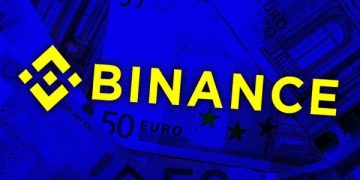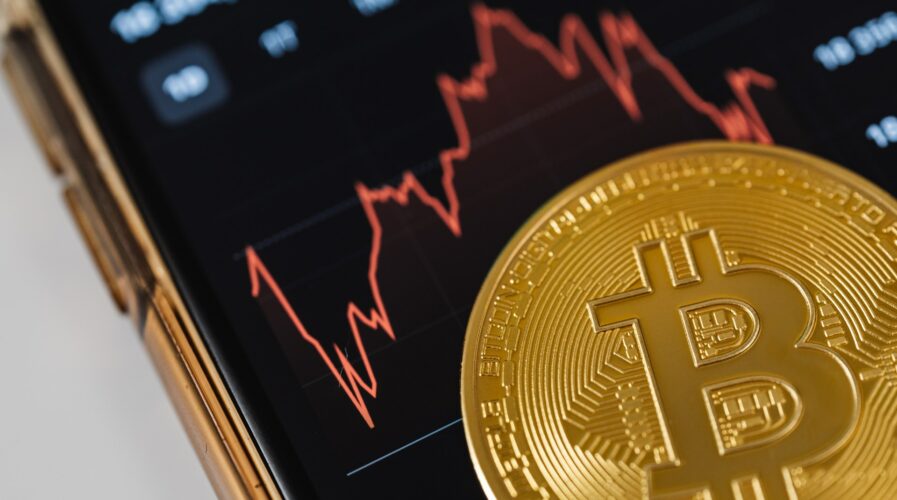In a move that has stunned political observers and electrified the global cryptocurrency community, President Donald Trump has granted a full presidential pardon to Changpeng Zhao, the founder and former CEO of Binance, the world’s largest cryptocurrency exchange. The decision, announced from the White House on Thursday evening, wipes clean Zhao’s federal conviction and marks a dramatic turn in America’s approach to digital asset regulation.
From Crypto Titan to Convict
Changpeng Zhao—known to millions simply as “CZ”—rose from a modest background in Canada to become one of the most influential figures in global finance. His company, Binance, grew rapidly from a startup in 2017 into a behemoth that handled trillions in annual trading volume, revolutionizing access to digital assets across the world. But that meteoric rise also brought intense scrutiny.
In 2023, U.S. prosecutors charged Zhao and Binance with violating anti–money laundering and sanctions laws, alleging that the exchange had failed to prevent illicit transactions tied to criminal enterprises and sanctioned nations. Facing mounting legal pressure, Zhao agreed to a settlement and stepped down as CEO, admitting that Binance had fallen short of U.S. compliance standards. He later pled guilty to charges under the Bank Secrecy Act and was sentenced to four months in federal prison in 2024—a symbolic but historic punishment for a crypto executive of his stature.
At the time, Zhao’s case was viewed as a watershed moment in the government’s crackdown on cryptocurrency platforms. Regulators hailed it as proof that no player was above the law, while industry leaders warned that excessive enforcement risked driving innovation offshore.
Trump’s Rationale
President Trump’s pardon, issued just over a year after Zhao’s sentencing, has been framed by the administration as a move to “restore fairness and innovation to America’s digital economy.” In a statement, Trump called Zhao “a visionary entrepreneur who built opportunity for millions and was treated unfairly by a politically motivated prosecution.”
The President argued that the case against Zhao had been “part of the prior administration’s war on cryptocurrency,” suggesting that the Biden-era Justice Department had pursued the case as part of a broader attempt to stifle the digital asset industry. “A lot of people said what he did wasn’t even a crime,” Trump told reporters at the White House. “He built something great, and we need more of that spirit in America.”

The pardon instantly removes all remaining legal restrictions on Zhao, allowing him to reenter the United States and resume his business activities. It also nullifies the criminal record tied to his plea agreement. While symbolic in some respects, the pardon carries major implications for how the U.S. government intends to handle crypto policy moving forward.
Reaction from the Crypto World
The response from the cryptocurrency community was immediate and overwhelmingly celebratory. Within hours of the announcement, Bitcoin prices surged more than 7 percent, and Binance’s native token, BNB, jumped nearly 15 percent on global exchanges. Traders and investors interpreted the move as a signal that Washington was shifting toward a more industry-friendly stance after years of uncertainty and enforcement actions.
Zhao himself posted a brief message on social media, writing: “Deeply grateful for this act of clemency. Thank you, President Trump, for recognizing innovation and fairness. The crypto community will continue to build, responsibly and openly.”
Industry leaders praised the decision as a step toward reconciliation between regulators and innovators. “This pardon sends a clear message that the U.S. is open for crypto business again,” said one venture capitalist who has invested in blockchain startups since 2016. Others, however, warned against reading too much into a single political gesture. “While it’s great news for CZ, what we really need is consistent policy—not one-off interventions,” said a compliance expert at a major U.S. exchange.
Critics Sound Alarm
The pardon has not been without controversy. Legal experts and opposition lawmakers have accused President Trump of undermining the rule of law for political and personal gain. Some critics have pointed out that several figures in Trump’s orbit have financial interests in cryptocurrency projects, raising questions about potential conflicts of interest.
Democratic lawmakers issued sharp rebukes, calling the pardon “an affront to financial accountability.” Senator Elizabeth Warren said in a statement that “pardoning a convicted financial criminal sends exactly the wrong message at a time when the country is still grappling with fraud and instability in digital markets.”
Regulatory officials also expressed concern that the pardon could weaken future enforcement efforts. “It’s not about one man—it’s about maintaining trust in financial systems,” said a former Treasury Department official. “When the government chooses to excuse criminal conduct at the highest levels, it becomes harder to hold anyone accountable.”
A Turning Point for U.S. Crypto Policy
Beyond the politics, Trump’s decision highlights a larger policy shift: the administration’s desire to reposition the United States as a global hub for digital asset innovation. Since returning to office, Trump has repeatedly pledged to make America “the crypto capital of the world,” courting blockchain entrepreneurs and promising a friendlier regulatory environment.
Analysts believe the pardon could be a prelude to broader reforms aimed at reducing red tape for crypto firms. Reports suggest that the White House is considering a new “Digital Freedom Act,” which would streamline licensing for exchanges and clarify rules for stablecoins and decentralized finance (DeFi) platforms.
For Changpeng Zhao, the pardon may open a new chapter in his already eventful career. Although he has kept a low profile since leaving Binance, insiders say he has quietly invested in a range of blockchain projects and startups focused on artificial intelligence and fintech. Whether he returns to a public leadership role remains unclear, but many in the industry see him as a symbol of resilience.

The Bigger Picture
The Trump administration’s decision to pardon Zhao will likely be remembered as one of the defining moments in the ongoing battle over the future of cryptocurrency regulation. Supporters see it as a necessary correction to overzealous enforcement that threatened innovation, while critics view it as an act of political favoritism that undermines justice.
Either way, the pardon sends an unmistakable message: under President Trump, the United States is reasserting itself as a champion of entrepreneurial freedom in the digital age. And for Changpeng Zhao, once the world’s most powerful crypto executive turned convicted felon, it represents a rare second chance—one that could reshape not only his life but the future of global finance itself.












